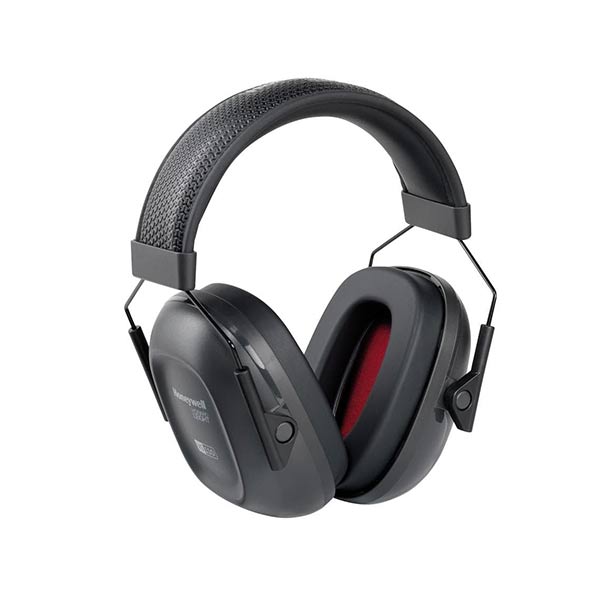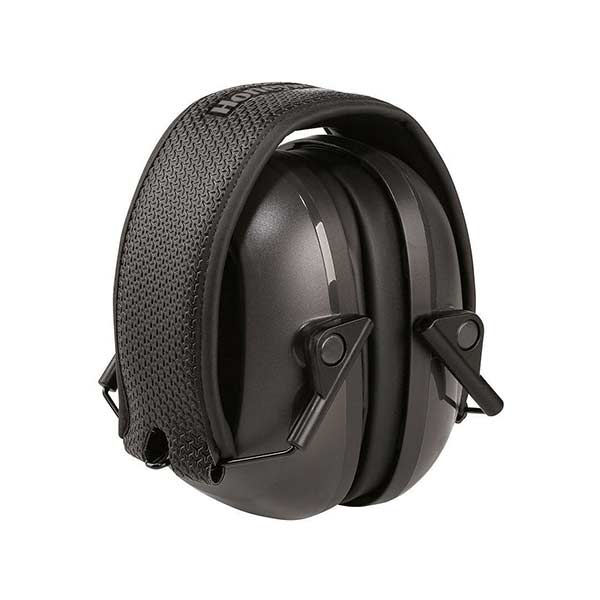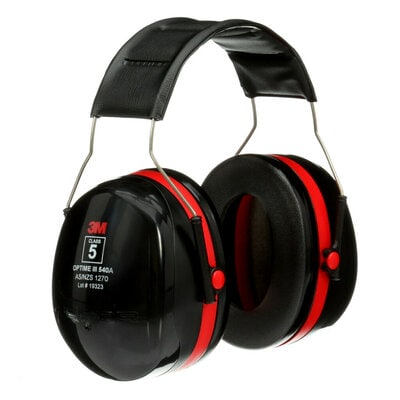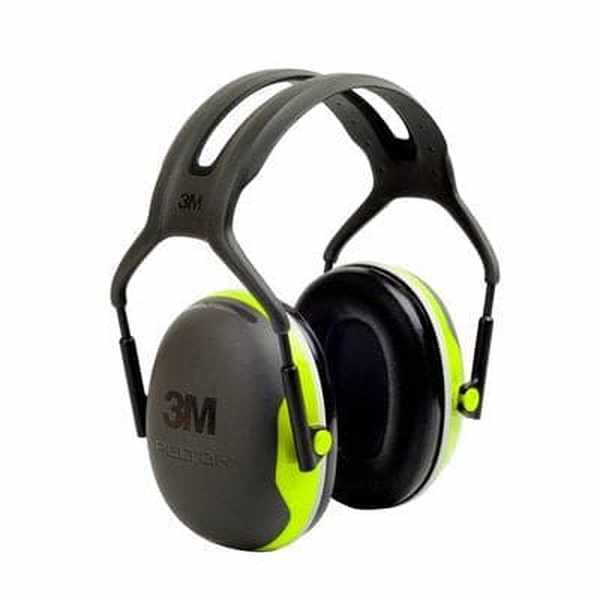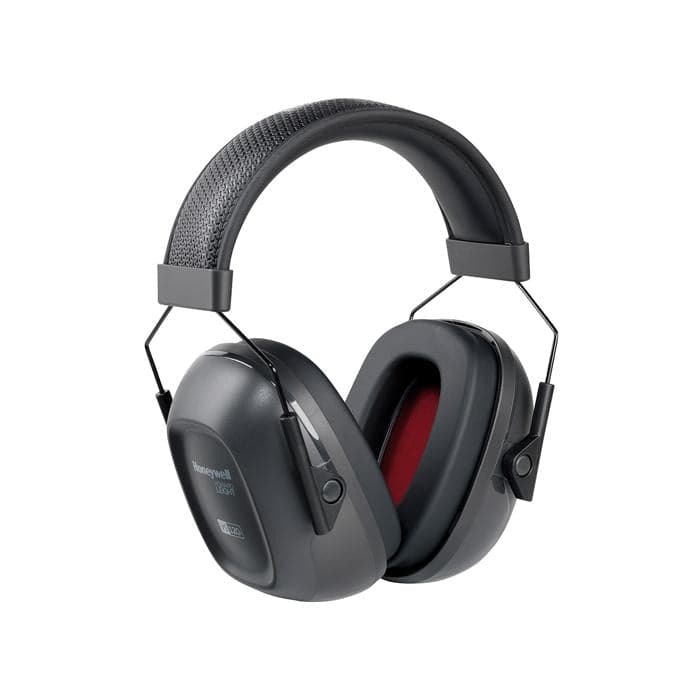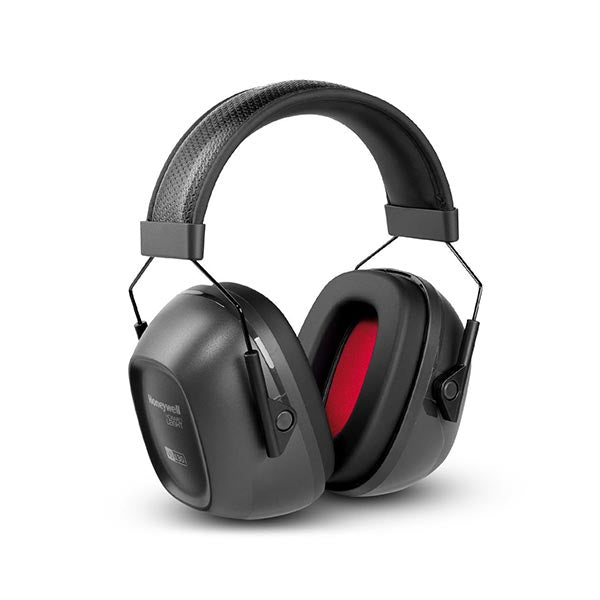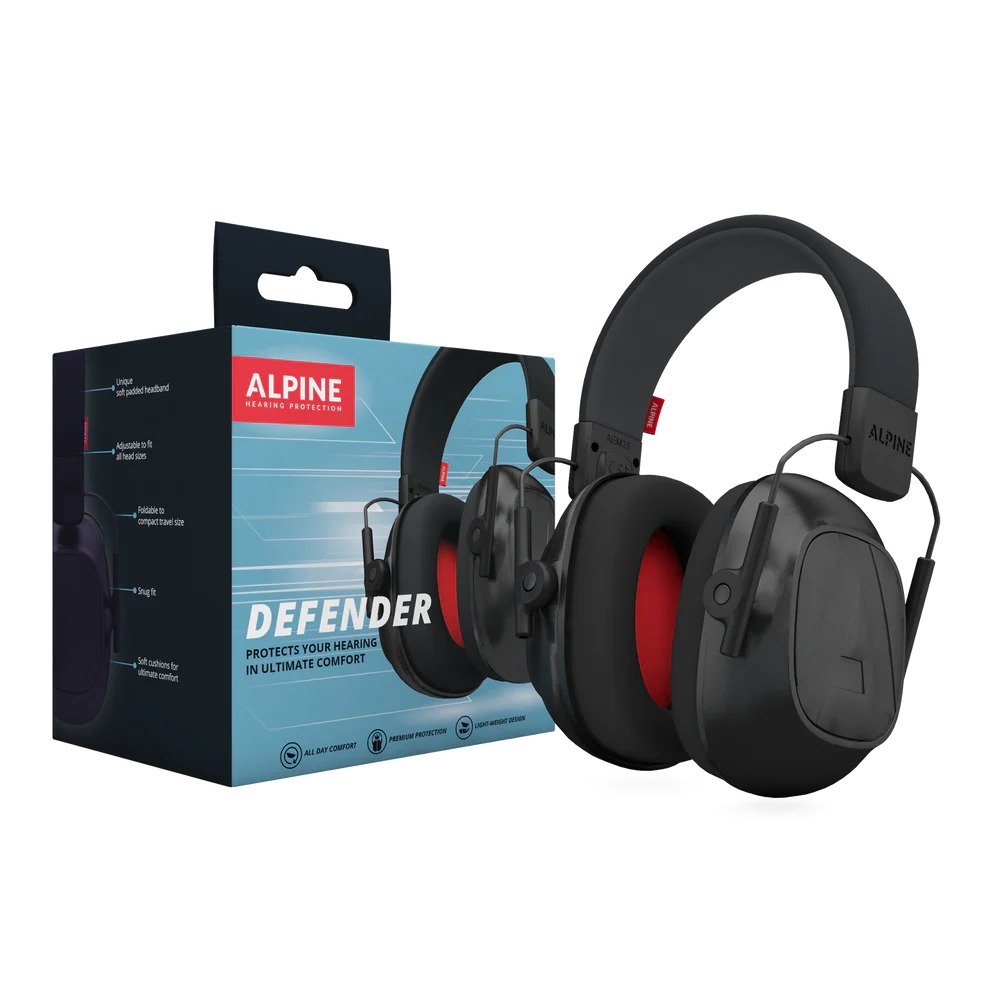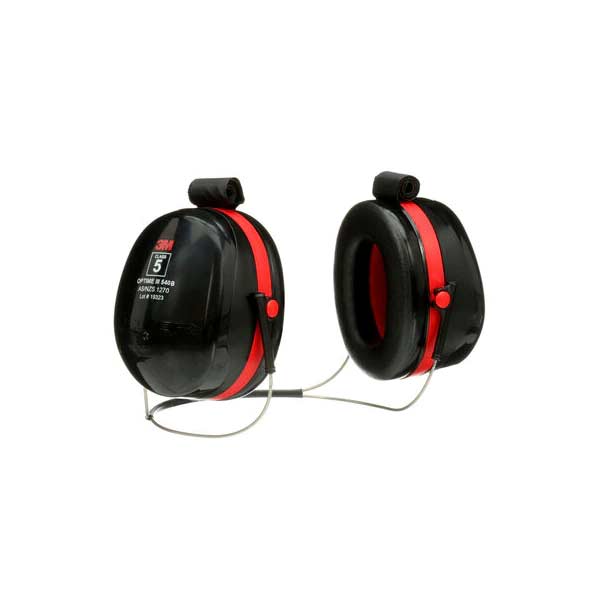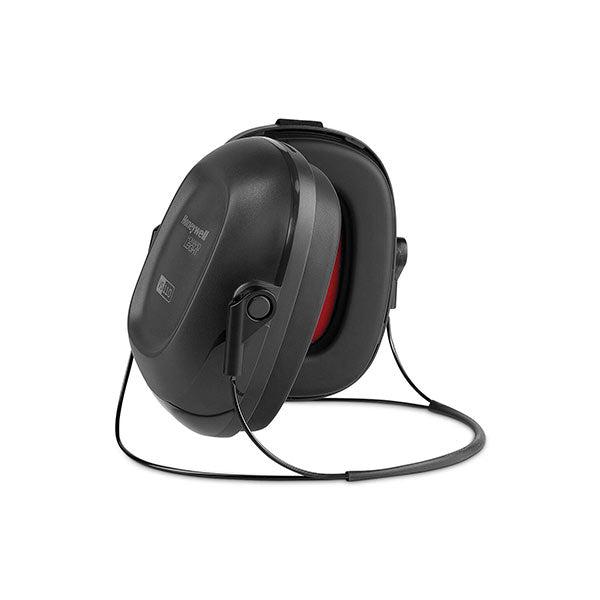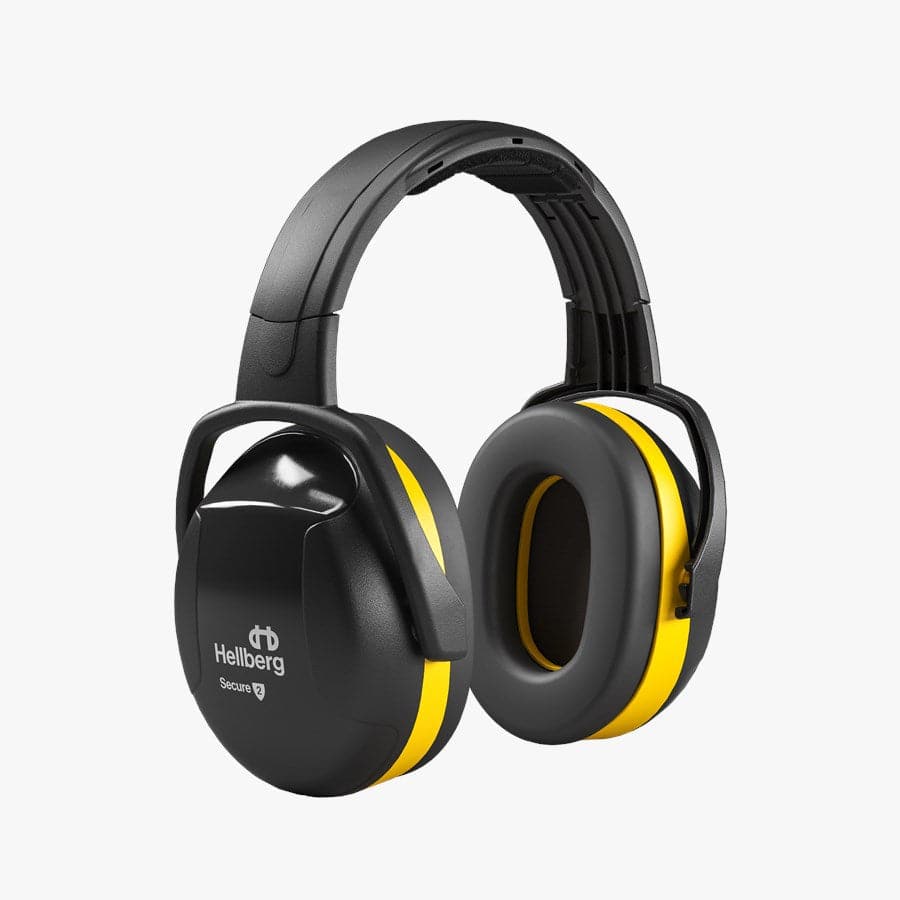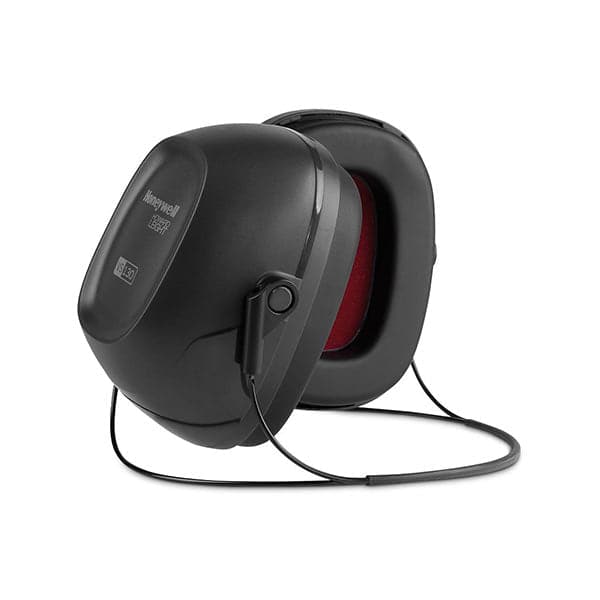Yes, always. As you probably already know, gunshots are some of the loudest noises made by human activity. They can reach a level of 140 dBA compared to a chainsaw’s 109 dBA. A .32 Long fires a 152.4 decibel (dB) blast while a .44 S&W Magnum blasts fires at 164.5 dB. Gunshots are so loud that a single gunshot can result in a Temporary Threshold Shift, which is when your ears are unable to hear and process the full range of sounds. What’s more, a Swedish study on shooters showed that working with guns for a prolonged period of time can lead to High-Frequency Hearing Impairment (HFHI), a form of permanent hearing loss. It can also lead to gradual hearing loss over time, a phenomenon called the “shooter’s ear.” Wearing shooting earmuffs is highly advised for both casual shooters and security professionals.
Shooting Ear Muffs
Ear muffs are essential when you’re on the range. If you work with guns, it’s important to invest in shooting ear muffs to protect your ears and prevent possible hearing loss.
Below, we explain why ear muffs are essential when you’re on the range, and how to find the best one.
What is the best shooting ear muff?
The best ear muffs for shooting should have a Sound Level Conversion (SLC80) rating of 25db or above. They cut down noise by approximately half. To put this into context, a person wearing SLC80 30dB earmuffs when a 120dB gunshot is fired will only hear 90dB.
How long does ear ringing last after shooting guns?
It varies between shooters, but you may experience tinnitus for up to 16 hours after shooting a gun. This is a condition in which the ears keep ringing after being exposed to loud sounds. Earjobs offers a collection of shooter’s ear muffs and ear plugs that can effectively protect your ears and prevent hearing loss while shooting. We also have electronic shooting muffs with a long battery, so you can enjoy your time at the range for longer.
